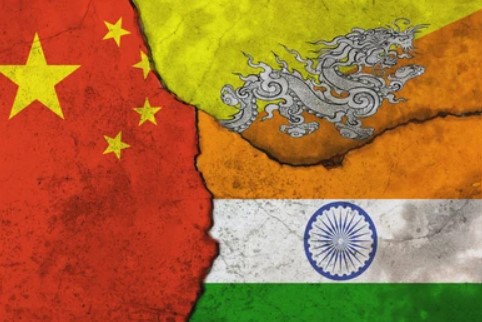
Emerging Bhutanese Intransigence

The recent statements of Bhutanese Foreign Minister Tandi Dorji indicating substantial progress in their boundary talks with China is a serious cause of concern for India. The minister indicated the conclusion of 24 rounds of boundary talks and deliberations by the expert group. Such inputs have been emerging from Bhutan recently, adding another layer of strategic concern for India. The current profile of India when seen along with Bhutan reduces the susceptibility of the Siliguri corridor. The combined geography of India and Bhutan results in the effective domination of Chumbi Valley both from the West as well as from the East. Once the border issue is resolved between China and Bhutan, especially as per the Chinese demands, the narrow Chumbi Valley will get widened for China, interference from the Bhutanese side will cease and Chumbi Valley will emerge as one of the most potent threats to the narrow Siliguri corridor. It will turn into an asset as against a somewhat liability.
India has been supporting Bhutan at all levels. It trains the Bhutanese Armed Forces, conducts training for them, and is largely responsible for equipping them as well. Financial support provided by the Government of India is the prime constituent of the Bhutanese economy. The people-to-people relationship is also warm and encouraging. There have been some changes in the attitude of the government of Bhutan since the time it adopted the democratic form of Government and it’s quite natural. China has been making more intense overtures since then to woo the Bhutanese Government for establishing diplomatic relations and resolving the boundary dispute issue. It is trying to lure Bhutan into a trap of offering more areas from its claimed areas in the Northern sector.
Without getting into the historical details of the boundary dispute between Bhutan and China, it suffices to state that the Chinese claims are on Bhutan’s Western and Northern borders. This has been under the process of negotiation for a long time but before any decision could be reached, China dropped another bombshell in 2020 by creating another border controversy in Eastern Bhutan to claim the Sakteng wildlife sanctuary which was not raised earlier. This development indicates a deeper plan for China. China has also tried this approach against India wherein it altered its stand on the LAC alignment on the Northern Bank of Pangong Tso Lake after transgressing at multiple points on the LAC in the Eastern Ladakh area. On one hand, it wants to pressurize Bhutan to agree to its offer of settlement wherein China is willing to give larger concessions to Bhutan on its Northern borders in lieu of Bhutan returning the Chinese-claimed area on its Western borders. On the other hand, China wants to pressurize India for its offensive intent in Arunachal Pradesh ‘in general’ while in Tawang ‘in particular’ as the Sakteng sanctuary area will be giving Chinese another avenue of launching operations in the Tawang Sector in addition to those options which are already available. China is not only attempting to create a rift between two friendly neighbours but is playing a strategic game for its larger interests.
If Sakteng is not included in the deliberations, there are three major areas of dispute between China and Bhutan including Pasamlung and Jakarlung on Bhutan’s Northern borders and Doklam on Bhutan’s Western borders. Due to security and strategic concerns of India being closely linked with Bhutan, any concession given by Bhutan on its Western borders will not only be detrimental to Indian interests from the Chinese side but will have the potential to adversely affect the relations between India and Bhutan nurtured through the decades. Doklam is so important to India from a strategic viewpoint that India had to mobilize its troops to face the Chinese physically in 2017. The standoff had all the potential to get converted into a full-blown conflict but was managed through diplomatic and political negotiations. The relations are so intimate between India and Bhutan that India remains responsible for the security of Bhutan while no diplomatic relations exist between China and Bhutan even as of date. It was this commitment of India which was under test in 2017 and India demonstrated its unwavering commitment to the security of Bhutan.
The Sakteng saga has been added by China in 2020 as part of its consistent policy of claiming more and not being consistent in its demands till the time a favourable solution is reached. This is the stance China has generally adopted while settling its border issues with 12 out of 14 nations with whom it shares the land borders. There is a need to look at the India-Bhutan relationship all over again. The current democratic government of Bhutan may be influenced by the Chinese either by threat or by debt trapping or a combination of these and other factors as relations progress. China is also luring Bhutan for the boundary settlement by offering larger concessions on the Northern borders as against the areas sought on its Western borders. Bhutan may see it purely from its perspective but closed linkages with India cannot be ignored. At the time of Indian independence on 15 Aug 1947, British India and Bhutan had their mutual relationship quite close to any other princely state of British India. Bhutan should have been part of independent India from those very days, but this is something that can be negotiated if the people of Bhutan are willing to accept it. A population willing to participate in this is a must for the evolution of democratic values in the society. India needs to strategize this at the highest level as any settlement of the border issue without factoring in the strategic concern of India will have far-reaching adverse effects for India.
Since the time of independence, India has not only inherited the colonial practices in its armed forces but our thought also has been aligned with British thoughts wherein India feels more secure if there is another nation between us and China as a buffer state. This is the strategy that was followed by the Britishers to check the Russian great game on its Western, Northern, and Eastern borders. India also drew political satisfaction with Nepal, Sikkim, and Bhutan sandwiched between us and the Chinese-occupied Tibet. We integrated Sikkim as the 22nd Indian state and still find the borders equally safe and secure with borders facing each other directly. This buffering mentality of British India has to be left behind and a more assertive India has to defend its borders whosoever be the adversary. The border with China will continue to remain equally secure even if Bhutan politically integrates with India.
The geopolitical situation in the world is changing fast. While our hands must be full with the responsibility of defending our national interests, we should not lose our focus on our neighbours as China is strategizing to woo them using all options available. It cannot be countered if we remain in a reactionary mode. A proactive option is the need of the hour. The game plan of China is not only limited to Bhutan but it is trying to make deep inroads in Nepal, Myanmar, Bangladesh, and Sri Lanka. Pakistan has almost become a vassal state of China. With effective inroads into Bhutan, China will be able to wean away the most trusted friend of India.
Bhutanese emerging intransigence should be a cause of concern for India given the way China is nurturing its relationship with this Himalayan country. It will also require India to focus on its internal fault lines as well, whether these be on the religious, caste, region, or other basis. A united India with an independent mind can only chart the correct path for its future to handle emerging situations in Bhutan and elsewhere. With the willingness of Bhutan, India needs to upgrade its military engagement further without affecting the trust deficit adversely.
Disclaimer
The opinions expressed in this article are the author’s own and do not reflect the views of Chanakya Forum. All information provided in this article including timeliness, completeness, accuracy, suitability or validity of information referenced therein, is the sole responsibility of the author. www.chanakyaforum.com does not assume any responsibility for the same.
Chanakya Forum is now on . Click here to join our channel (@ChanakyaForum) and stay updated with the latest headlines and articles.
Important
We work round the clock to bring you the finest articles and updates from around the world. There is a team that works tirelessly to ensure that you have a seamless reading experience. But all this costs money. Please support us so that we keep doing what we do best. Happy Reading
Support Us






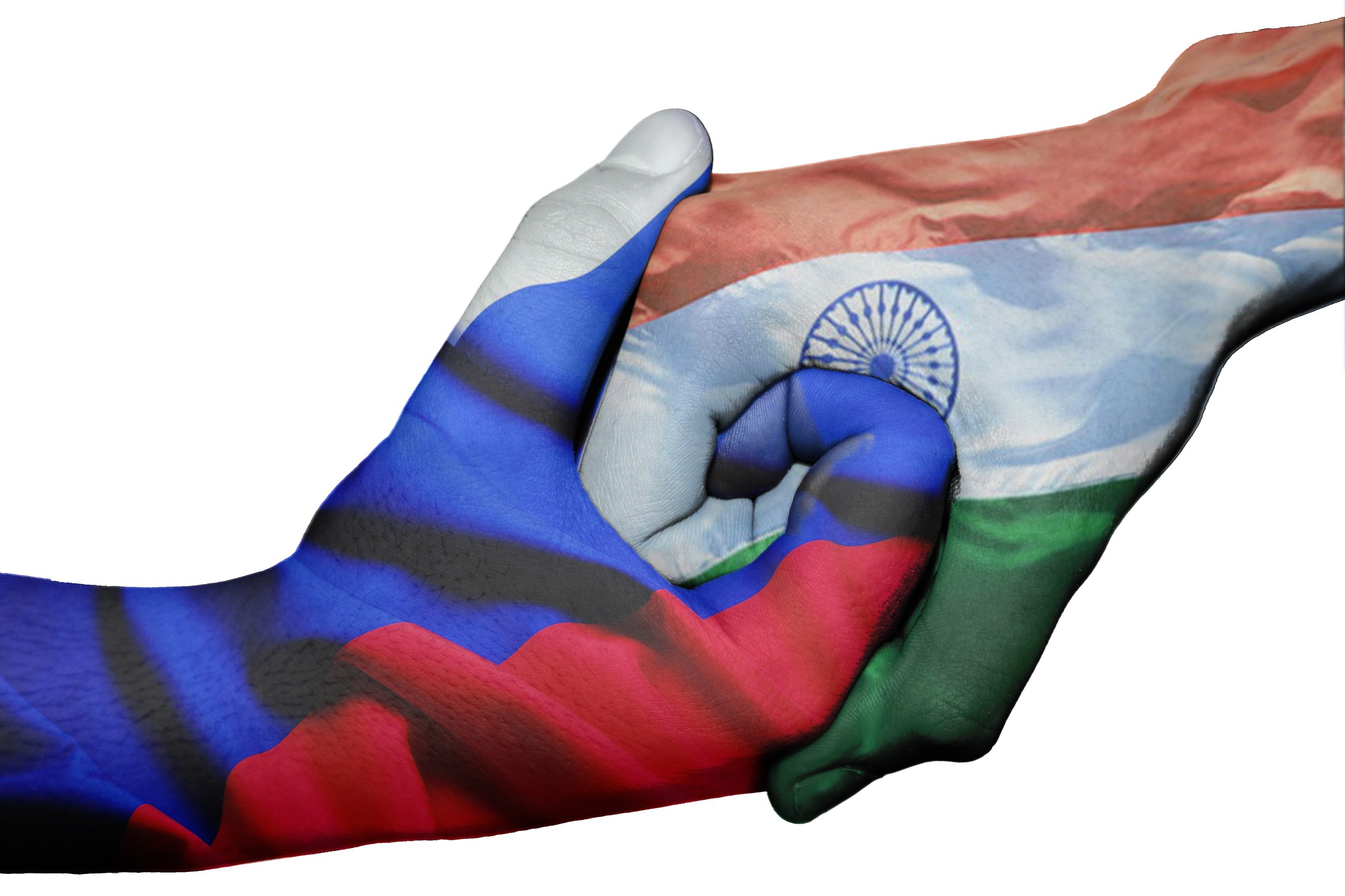
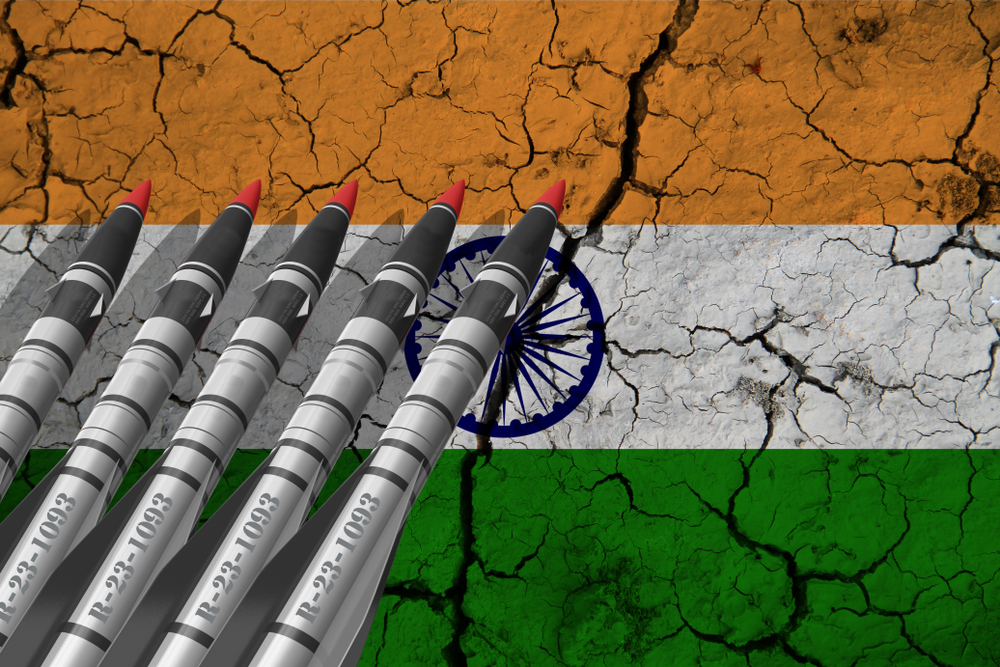

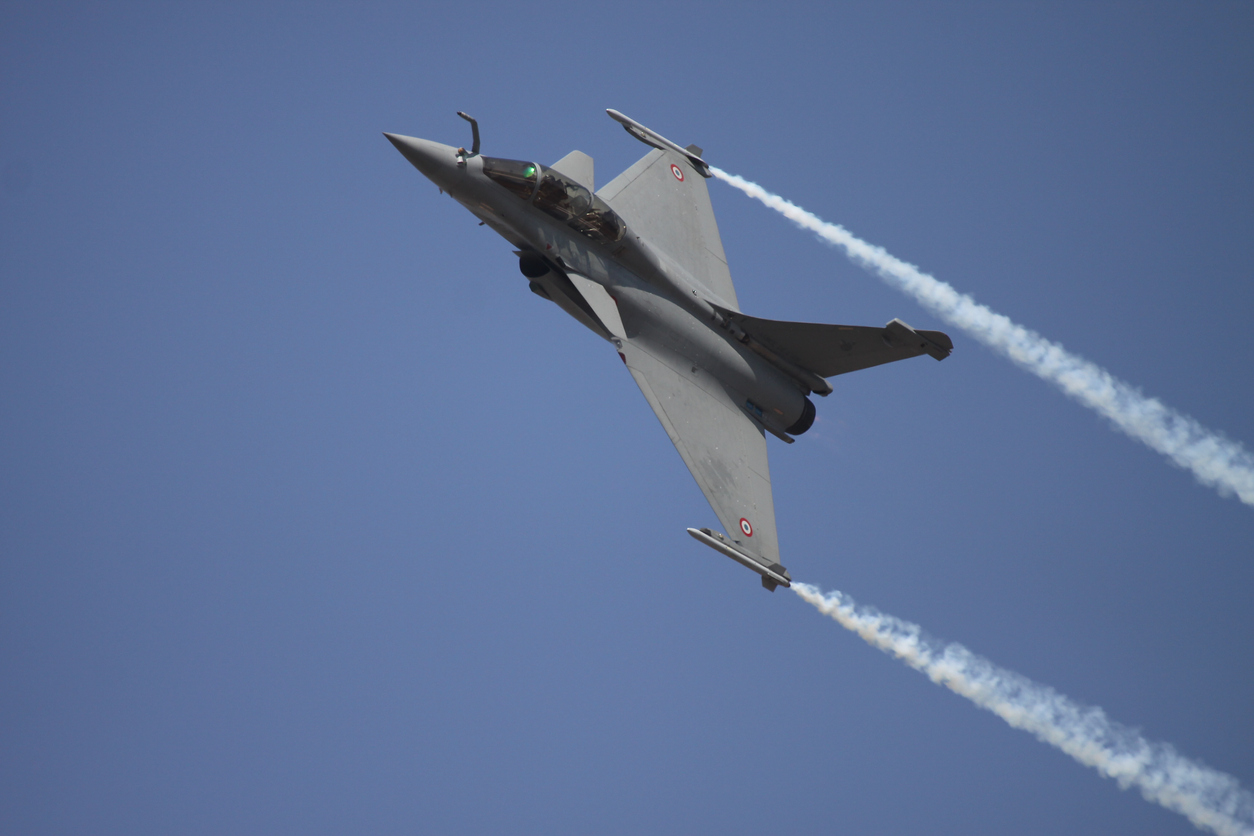
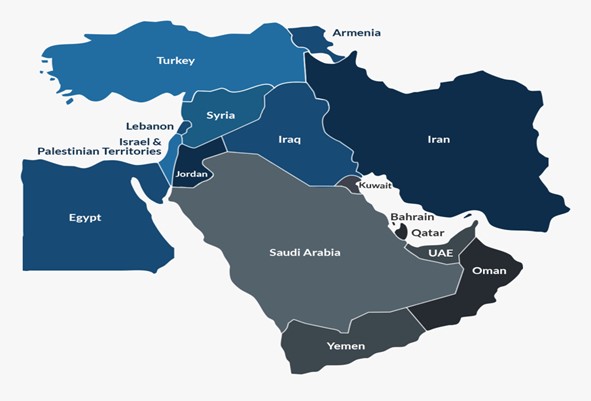

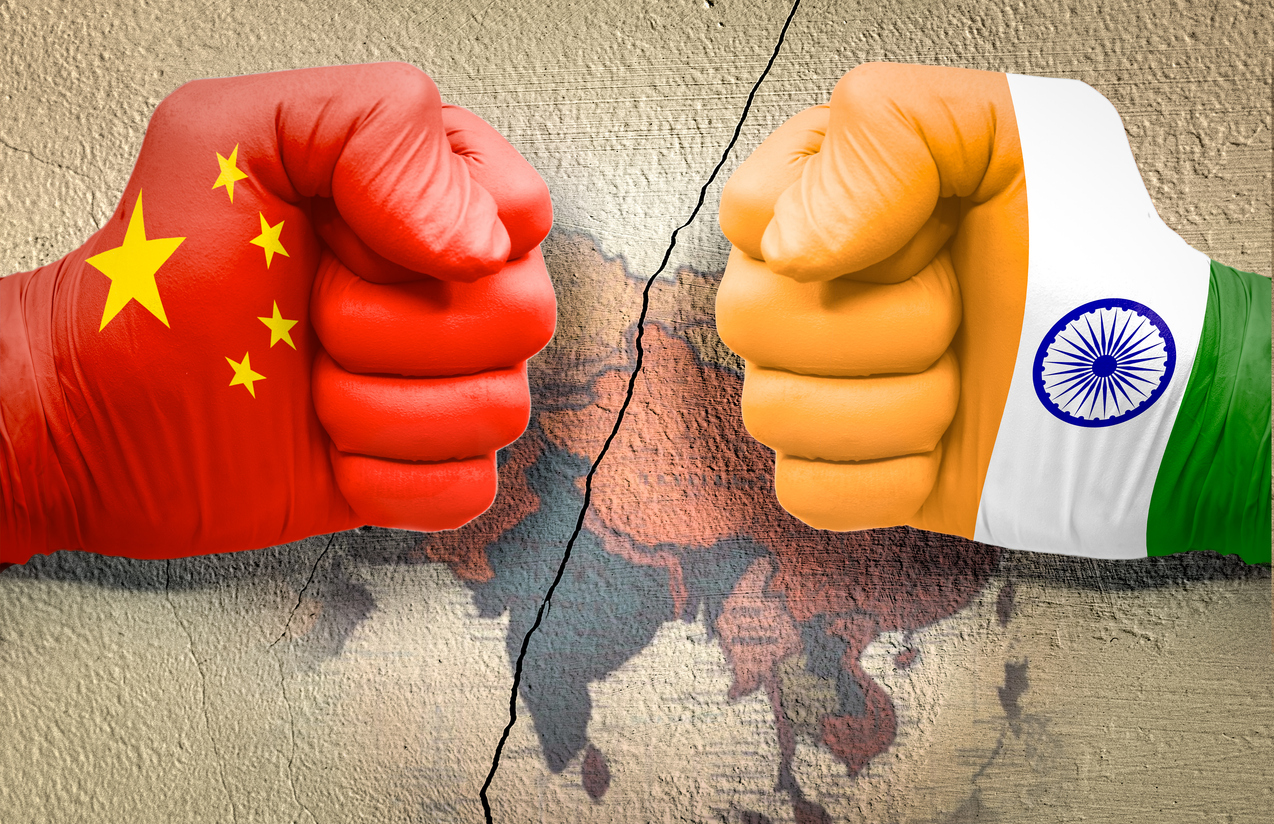








POST COMMENTS (0)